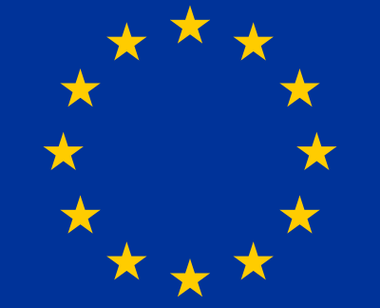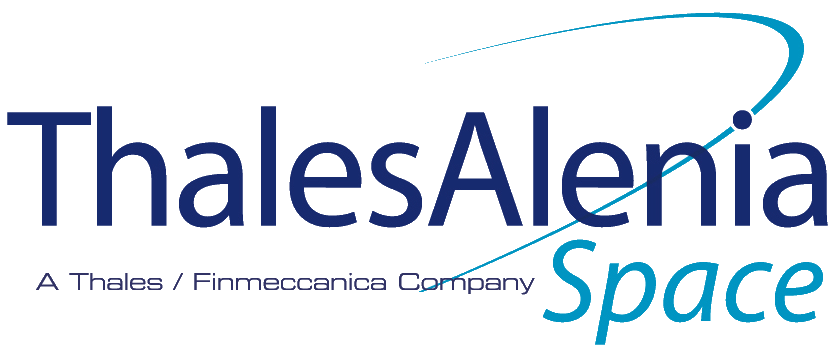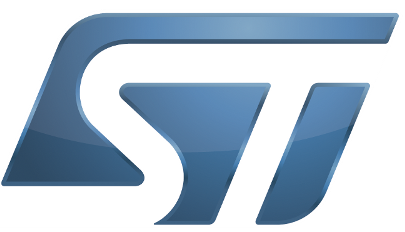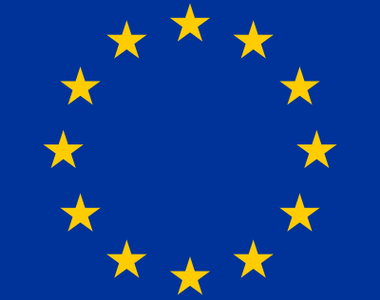OPERA project has received funding from the European Union’s Horizon 2020 research and innovation programme under grant agreement N°821969

Consortium

NanoXplore is a privately owned fabless company based in France. The company was created by three veterans of semiconductor industry with long experience in the design, test and debugging of FPGA cores. NanoXplore
is therefore a leader in the design of large scale programmable logic arrays for state of the art FPGA cores. The company is developping a family of rad-hard FPGA.
www.nanoxplore.com

Thales Alenia Space, a joint venture between Thales (67%) and Finmeccanica (33%), is a key European player in space telecommunications, navigation, Earth observation, exploration and orbital infrastructures. Thales Alenia Space and Telespazio form the two parent companies’ “Space Alliance”, which offers a complete range of services and solutions. Because of its unrivaled expertise in dual (civil/military) missions, constellations, flexible payloads, altimetry, meteorology and high-resolution optical and radar instruments, Thales Alenia Space is the natural partner to countries that want to expand their space program. The company posted consolidated revenues of 2.1 billion euros in 2015, and has 7,500 employees in eight countries. www.thalesaleniaspace.com

Airbus Defence and Space, a division of Airbus Group, is Europe’s number one defence and space enterprise and the second largest space business worldwide. Its activities include space, military aircraft and related systems and services. It employs more than 38,000 people and in 2015 generated revenues of over 13 billion Euros. Airbus DS Crisa, Airbus DS Gmbh, Airbus DS SAS, 100% owned by Airbus Group are worldwide leader in the space domain. The entities involved in VEGAS project are part of the Electronics division of Airbus Defence and Space. Airbus DS has more than 40 years of experience in design, development and validation of Electronic Units for Subsystems and Payloads. Regardless of their application, the majority of European satellites fly with Airbus DS Electronic Units: Telecommunication (e.g. Eurostar and Spacebus), Earth Observation (e.g. Envisat, Spot), Scientific (e.g. Rosat, SOHO, Rosetta, Mars Express), and Military Satellites (e.g. Skynet4, Helios). www.airbusdefenceandspace.com

Created in 1987 with the merger of the Italian company SGS Microelettronica and the French company Thomson Semiconducteurs, STMicroelectronics is the 8th worldwide and 1st European Semiconductors Manufacturer. ST has built his know-how as broad range semiconductor supplier with a vertically integrated manufacturer working model, mastering and leading all steps of the components Value Creation Chain: product definition, design, layout, wafer fabrication, wafer probing, assembly, electrical testing, finishing and all the quality assurance steps related to those activities. This business model has been transposed to the Aerospace components, making ST a vertically integrated broad range Space component supplier, controlling and mastering its own in-house processes to the benefit of the High-Reliability, providing better opportunities for investment growth through reduced uncertainty. www.st.com
Project
Project overview
OPERA is set up to validate and do the ESCC evaluation of advanced rad-hard FPGA with minimum risk execution and best product time to market. The project will give access to state of the art qualified rad-hard FPGA NG-LARGE and prepare future applications for the most advanced FPGA in the world NG-ULTRA. The project will also integrate new software features to offer additional competitive advantage and enhance technical capabilities of end users. With OPERA the two European largest satellite vendors Thales Alenia Space and Airbus DS will be able to evaluate the final products and provide relevant feedback to improve the product and associated tools performances.
OPERA is fully in line with ESA activities and will merge outcomes from different projects to reach a TRL 7.
- ESCC evaluate rad-hard FPGA developed in the BRAVE project
- Take benefit of the programming software tools (“NanoXmap”)
- Improved in the VEGAS (H2020) project NG-ULTRA development from DEMETER (ECSEL), DAHLIA (H2020) and MARS (PSPC) projects
OPERA will bring together a group of unique, highly relevant and qualified partners in Europe each of them already working within BRAVE, VEGAS (H2020), DAHLIA (H2020), DEMETER (ECSEL) or other ESA/CNES activities. OPERA timetable and work packages have been considered in coordination with BRAVE in order to reach a TRL of 7. OPERA will not design or develop any FPGA but focus in the validation by end users and final product evaluation. It will guarantee minimum execution risks to reach a TRL 7. For software CAD tools improvement, OPERA will again fully benefit from the BRAVE and STAR projects by adding to NanoXplore’s existing software new features for additional competitive advantages. At the end of OPERA end-users will have access to an ESCC evaluated rad-hard FPGA and advanced software tools.
Expected Impacts
OPERA will have a profound impact on the future of European FPGA, delivering a new generation of rad-hard FPGA that offer substantial benefits for end-users in many different harsh environment markets.
OPERA will have the following impacts :
- Reduce the dependence in the mid-term the European capacity to operate independently in space with access to new generation of rad-hard FPGA beyond current state of the art
- Enhance the technical capabilities and overall competitiveness of European space industry satellite vendors on the worldwide market by giving prime access to exportation restriction free high-performance technologies
- Work package dedicated to the development of a commercial evaluation of the technology with a full range of recurring products. The future rad-hard FPGA will be available in space qualified package and commercial package with a clear pricing strategy to maximise product dissemination outside space markets
- Improve the overall European space technology landscape and complement the activities of European and national space programmes.
- OPERA will have clear social and environmental impacts by offering a very versatile technology able to meet multiple applications in various markets with the same device. It will also facilitates SMEs access to advance space applications
Impact of OPERA on European strategic non dependence
OPERA will give the possibility for Europe to have free, unrestricted access to advanced rad-hard FPGA for space technology. OPERA FPGA will meet all technology requirements specified in the Excerpt from Critical Space Technologies for European Strategic Non-Dependence List of Urgent Actions for 2012/2013 published in June 2014. Therefore, OPERA is fully compliant regarding rad-hard FPGA with the list of urgent actions for Critical Space Technologies for European Strategic Non-Dependence for the time-frame of 2012-2013.
Impact of OPERA on European Space industry and SMEs
OPERA will give access to European space industry to the most advanced rad-hard FPGA devices without any exportation restriction. These new rad-hard FPGA will also offer unique SEE mitigation techniques and advanced features such as DPs or high-speed buses. As described in the chart below, rad-hard FPGA are commonly used in satellites and these new devices will have a significant impact on future space application performance. It is even more the case for European satellite vendors which are often limited with ITAR free technologies. OPERA is expected to have a clear impact on European space industry by improving European satellite vendors’ competitiveness. OPERA will also improve space technology dissemination to SMEs by offering a cheaper technology than advanced ASIC development.
OPERA project has received funding from the European Union’s Horizon 2020 research and innovation programme under grant agreement N°821969


